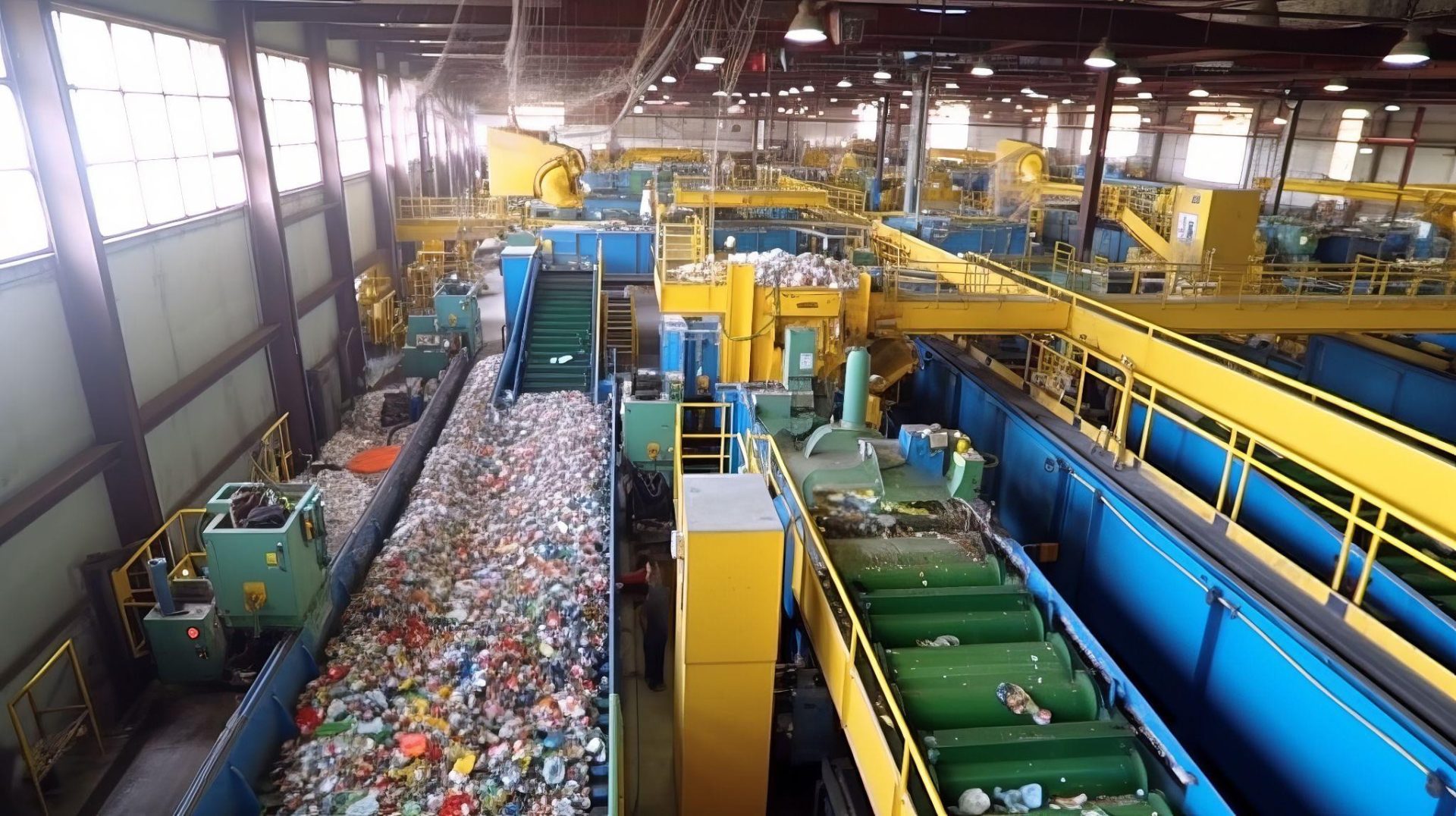
The Versatility of Wash Plants: Beyond Just Sand and Aggregates
The term “wash plant” might conjure images of dusty quarries and mining operations, but the technology has evolved far beyond its traditional uses. Modern wash plants are highly versatile, sophisticated systems that play a crucial role in a variety of industries, helping to improve material quality, reduce waste, and enhance operational efficiency.
Key Industries Utilising Wash Plants
While the sand and aggregate sector remains a core user, wash plants are now integral to several other key industries:
- Recycling: Wash plants are used to clean and sort various recycled materials, from construction and demolition waste to glass and plastics. By removing contaminants like soil, clay, and organics, they produce a clean, reusable product that can be re-entered into the supply chain, supporting a circular economy.
- Mining: In mining, wash plants are essential for processing mineral ores. They separate valuable minerals from waste materials, ensuring that the final product is pure and meets market specifications. This is particularly important for high-value minerals where even small impurities can significantly impact the price.
- Contaminated Land Remediation: Wash plants are also used in environmental projects to treat and remediate contaminated soil. They can effectively wash away pollutants, making the land safe for future development or agricultural use without the need for expensive and environmentally impactful off-site disposal.
The Benefits of a Modern Wash Plant
The advantages of investing in a high-quality wash plant extend beyond simply cleaning materials. The benefits are both economic and environmental:
- Improved Product Quality: By removing unwanted fines, clays, and other impurities, wash plants deliver a cleaner, higher-quality product. This can increase the material’s value and open up new market opportunities.
- Enhanced Efficiency: Modern plants, like those from Parnaby Cyclones, are designed for efficiency. Features like sizing screens, dewatering screens, and thickeners reduce water consumption and energy use while maximising output.
- Waste Reduction: Wash plants turn what would otherwise be waste material into a usable product. This not only reduces the volume of material sent to landfill but also helps companies generate additional revenue streams from what was once considered a worthless by-product.
- Bespoke Solutions: A key benefit of working with an experienced wash plant manufacturer is the ability to design a bespoke system tailored to a specific material and application. This ensures maximum efficiency and the best possible outcome for any project.
From recycling to environmental clean-up, the modern wash plant is a versatile and essential tool for companies looking to improve their products, reduce their environmental impact, and operate more efficiently in a competitive market.



 Bitcoin
Bitcoin  Ethereum
Ethereum  Tether
Tether  XRP
XRP  USDC
USDC  Solana
Solana  TRON
TRON  Lido Staked Ether
Lido Staked Ether  Cardano
Cardano  Avalanche
Avalanche  Toncoin
Toncoin